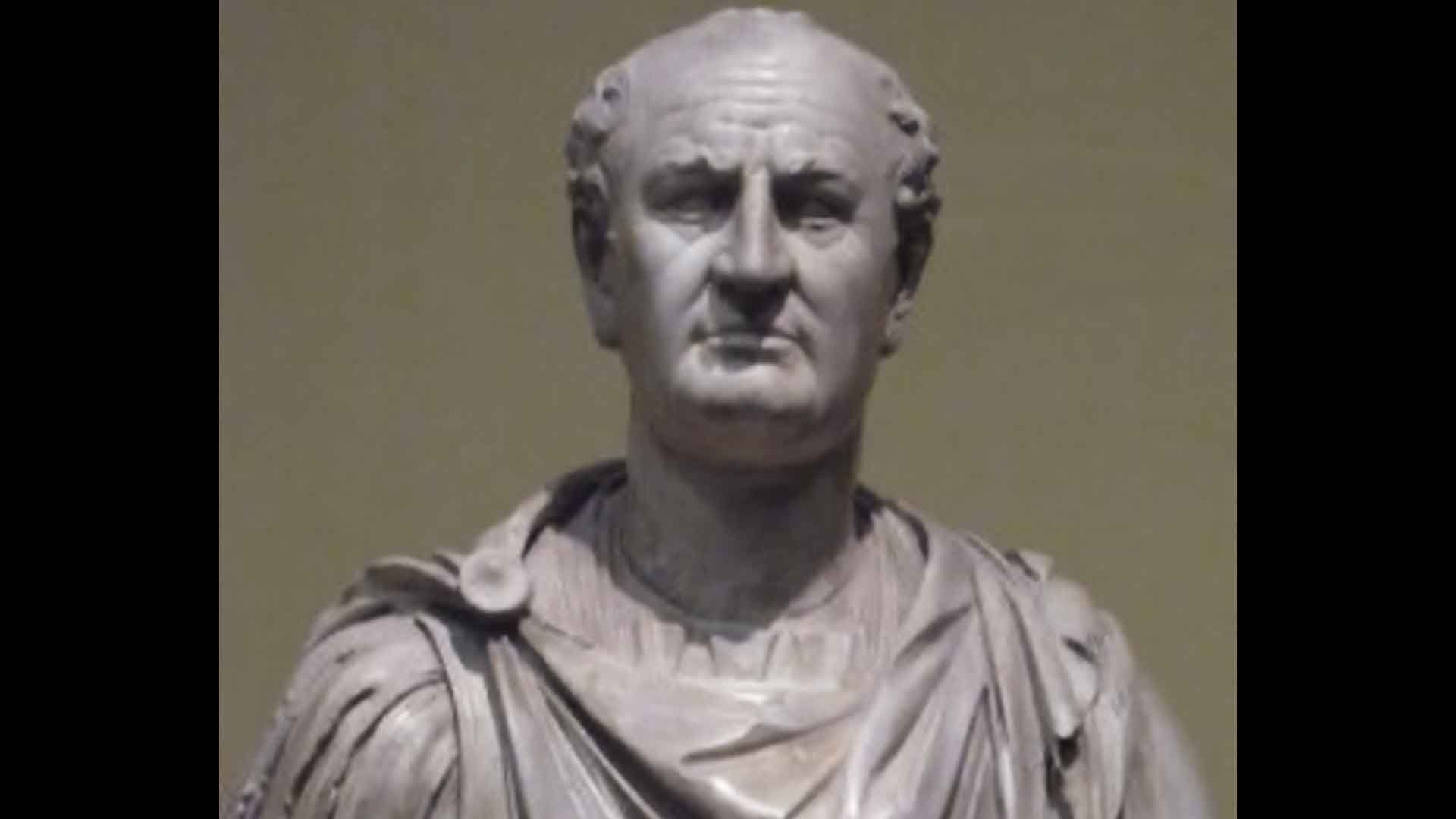For the source text click/tap here: Gittin 17
To download, click/tap here: PDF
Our daf describes a time when Rav Yehuda and Rabbah came to visit Rabba bar bar Ḥana while he was ill. After a discussion of halakhot related to messengers who brought a geṭ from the Diaspora to Israel, a Habara walked into the house and took away the light that they had in the room.
Rabba bar bar Ḥana reacted to this by saying that he would prefer to be ruled by God – or even by the Romans – rather than by the Persians who made life so difficult for the Jews.
The term Habara is what the Gemara calls Zoroastrians – the Persian priests – who are also referred to as amgushim and magim. They were an independent tribe who, over time, developed into the priestly caste of the Persian empire.
During one of their holidays the only lights that were permitted were those in their temple, and they had agents whose job it was to extinguish all other forbidden lights.
We explore the interaction between Talmudic and Persian texts and their influence




















